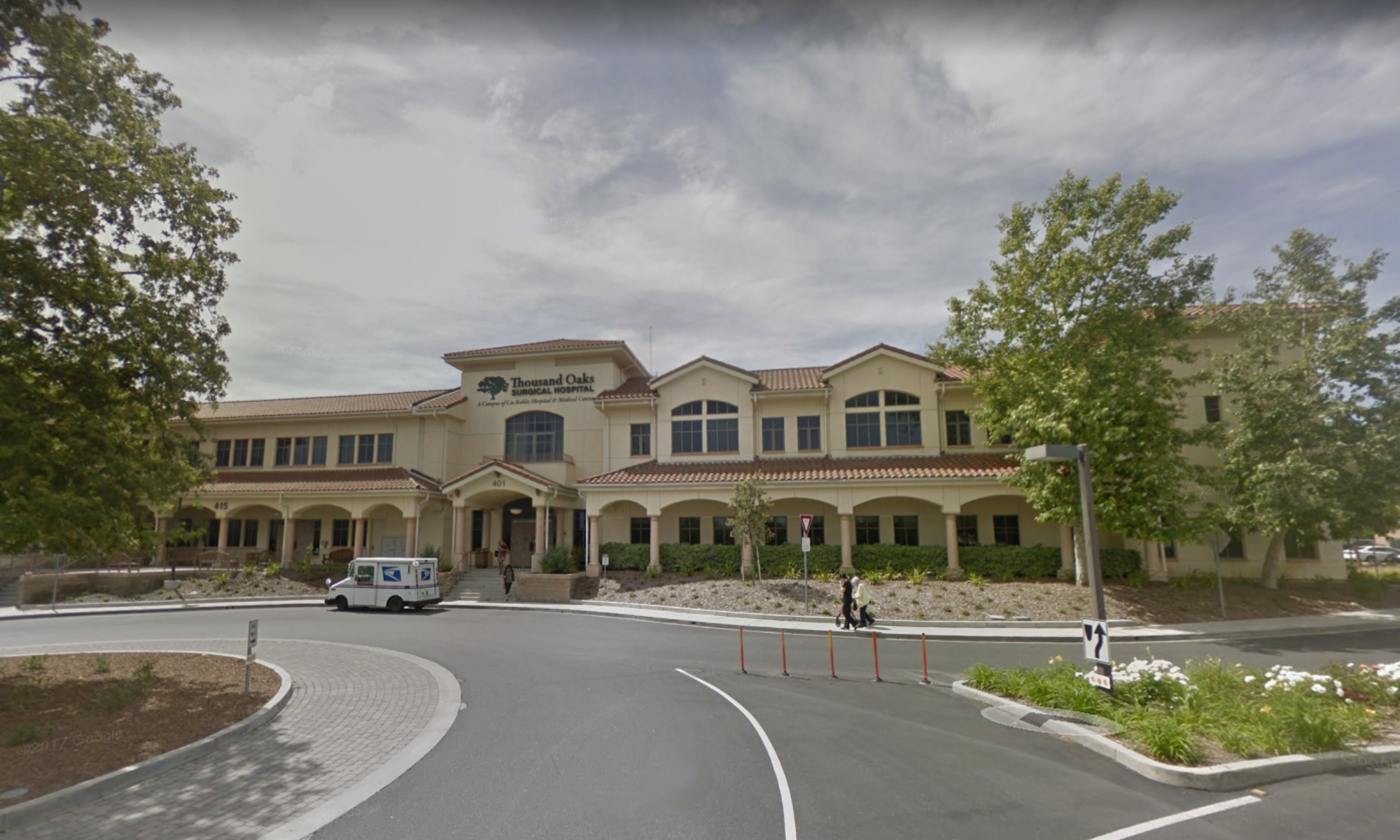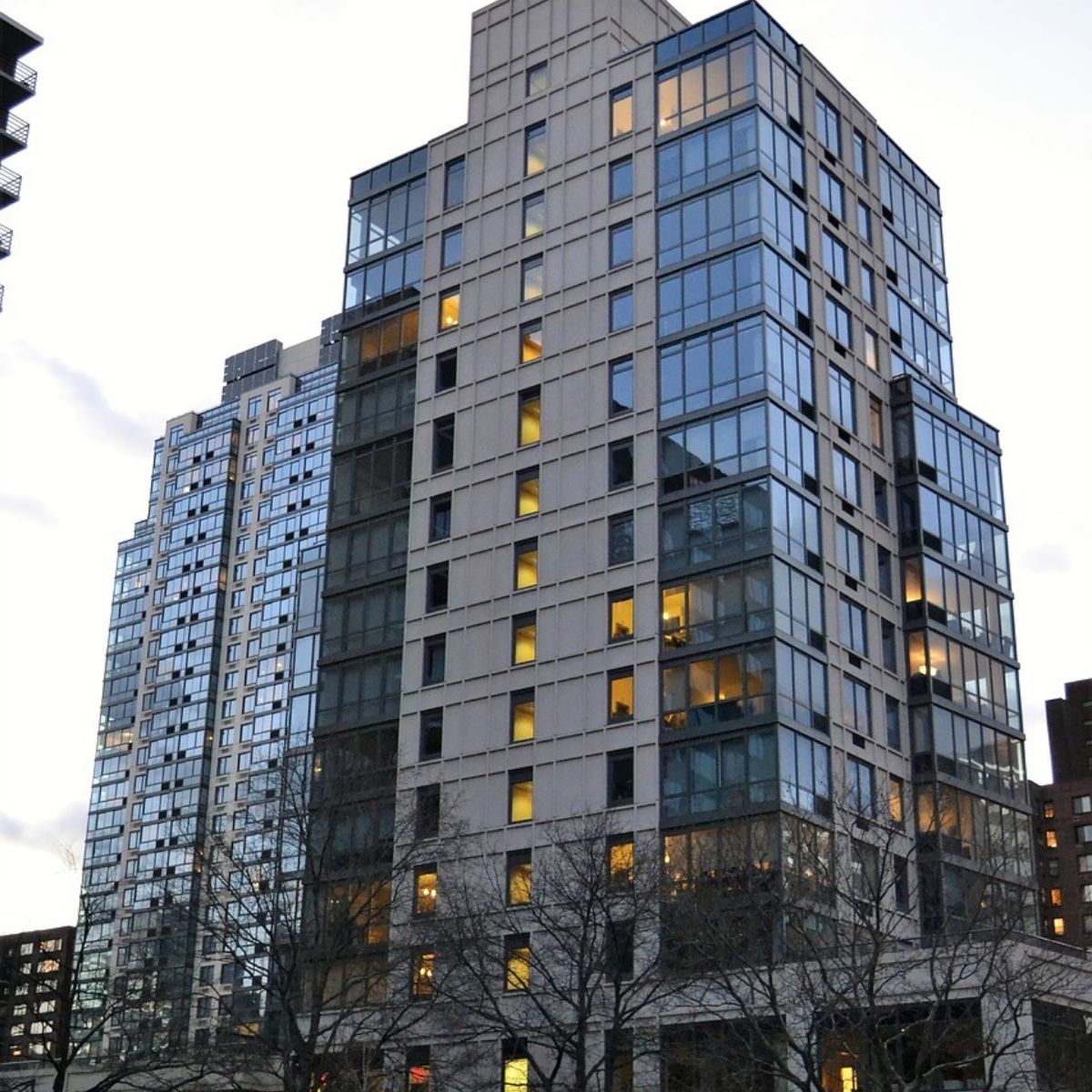If you’re like most commercial real estate (CRE) investors, you probably receive deal packages from brokers with CRE properties (defined here generally as multi-family, office, retail and industrial) for sale. Often, these packages contain executive summaries that position the deals as excellent investment opportunities. This should come as no surprise, as the job of the real estate broker is to present their property in the best light.
In many cases, sellers exaggerate the potential opportunity and don’t usually reveal the bad stuff. Instead, they’re just giving you the good points of their property. The due diligence is up to you, the investor, to determine whether what they’re telling you is accurate. The key, of course, is to know how to perform the due diligence so you have a true and accurate reading on what’s being offered. It’s important to understand the key metrics to always look for in any real estate investment and I am always surprised at the most obvious metrics that I see the majority of investors miss.
When you look at the potential of a CRE property, you’re really looking at how much income or profit it is generating for its owners. What should you be evaluating to determine that? Start with all the basic purchase information. This includes the price and any additional costs involved in renovating or repairs that need to be done.
You should also look at factors that might make you pass on the deal like: the condition of the area in general, crime, surrounding job market, property and other governmental taxes (Example: High business tax is a big one in the City of Los Angeles that can cause a tenant not want to lease in this city) and the age of the property. These are often deal-breakers if they reveal too much potential risk.
The loan is another key metric: What type of loan will you have to finance the property? This will spell out the loan totals, down payment, interest rate, closing costs and other fees. Make sure you are comfortable with the loan structure (fixed versus floating rate, long-term versus short-term, etc.). You should also receive a detailed expense report on the property including: property taxes, insurance, maintenance costs, property management costs and others.
To buy a property correctly, I always recommend you have proper representation. This first and foremost means using an experienced CRE broker and a good CRE attorney. Most CRE brokers can refer you to a good CRE attorney because they have to use them all the time. But a good CRE broker can also usually find better properties that are better values. They can also negotiate better than you can and your broker is paid by the seller. So really, it’s a no brainer to use a good CRE broker.
If you have any further questions about buying CRE or just want to make sure you do it right, contact David Massie at david@djmcre.com or 805-217-0791 or look us up at www.djmcre.com.

